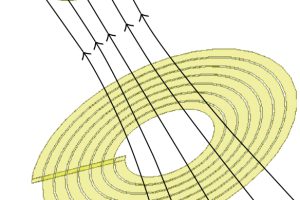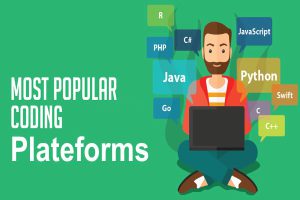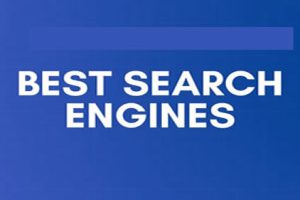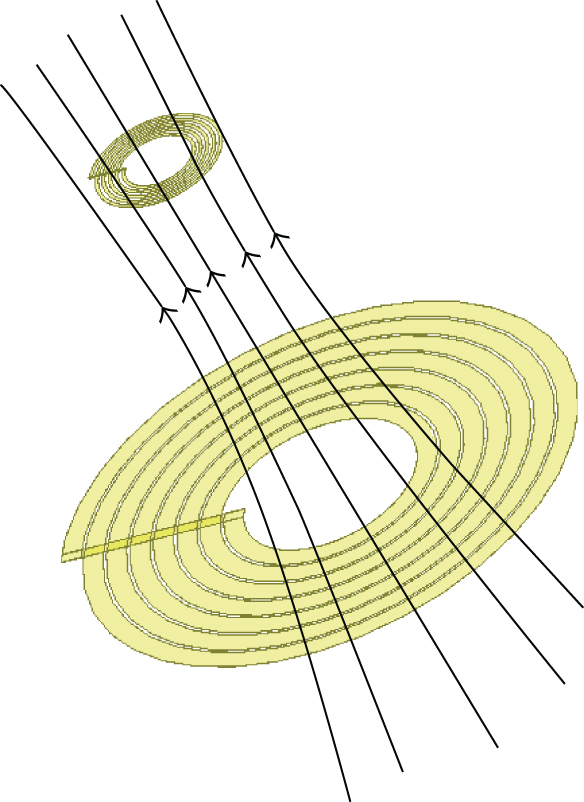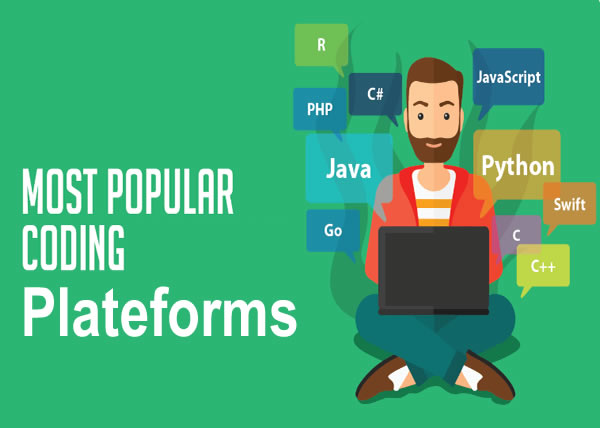Google Scholar:
Google Scholar is a widely used search engine that specializes in scholarly
literature. It indexes a vast array of sources, including academic journals, conference papers,
theses, books, and technical reports. It covers a broad range of disciplines, making it suitable
for researchers in various fields. Google Scholar also provides features like citation counts,
which allow you to gauge the impact of a particular article and alerts for new publications by
authors or on specific topics.
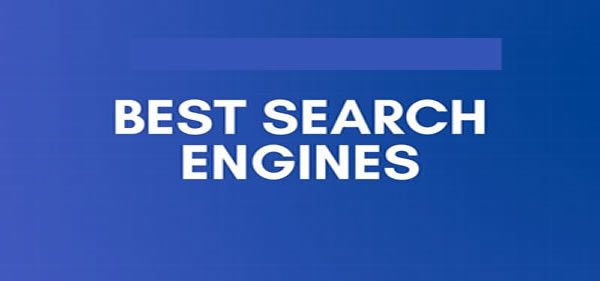
PubMed:
PubMed is a search engine maintained by the U.S. National Library of Medicine. It
primarily focuses on biomedical literature, including research articles, clinical studies, and
reviews. PubMed is an essential resource for researchers and medical professionals seeking
information in fields such as medicine, pharmacology, genetics, and public health. It offers
advanced search options, including filters for specific study types, publication dates, and
human or animal studies.
Scopus:
Scopus is a comprehensive abstract and citation database covering a wide range of
disciplines. It includes literature from scientific, technical, medical, and social sciences fields.
Scopus provides access to millions of articles from various sources, such as journals,
conference proceedings, and patents. It offers advanced search capabilities, allowing
researchers to refine their queries using specific criteria like author, affiliation, document
type, and citation analysis. Scopus also provides metrics to evaluate research impact, such as
the h-index and citation counts.
Web of Science:
Web of Science is a prominent citation database that encompasses multiple
academic disciplines. It indexes high-quality scientific journals, conference proceedings, and
patents. Web of Science provides extensive citation information, enabling researchers to track
citations, analyze citation networks, and assess the impact of research articles. It offers
powerful search tools, including the ability to search by author, institution, funding agency,
and specific fields within an article.
Microsoft Academic:
Microsoft Academic is a free search engine that covers a broad range
of academic disciplines. It indexes scholarly articles, conference papers, preprints, and other
research outputs. Microsoft Academic provides advanced search features, allowing users to
filter results by specific fields, authors, institutions, and keywords. It also offers citation
analysis tools and visualization features to explore collaboration networks among researchers.
IEEE Xplore:
IEEE Xplore is a digital library focused on electrical engineering, computer
science, and related disciplines. It contains articles from prestigious journals, conference
papers, technical standards, and ebooks published by the Institute of Electrical and
Electronics Engineers (IEEE) and other affiliated organizations. IEEE Xplore is an essential
resource for researchers in the fields of technology and engineering, providing
comprehensive coverage of the latest research and developments in these areas.
It’s important to note that while these search engines are valuable tools for academic research,
they may not cover every single publication or resource. It’s always a good idea to consult
multiple search engines and databases to ensure comprehensive coverage of the literature
relevant to your research topic. Additionally, some resources may require subscriptions or
institutional access to view full-text articles or access certain features
Thank you for reading this post.
